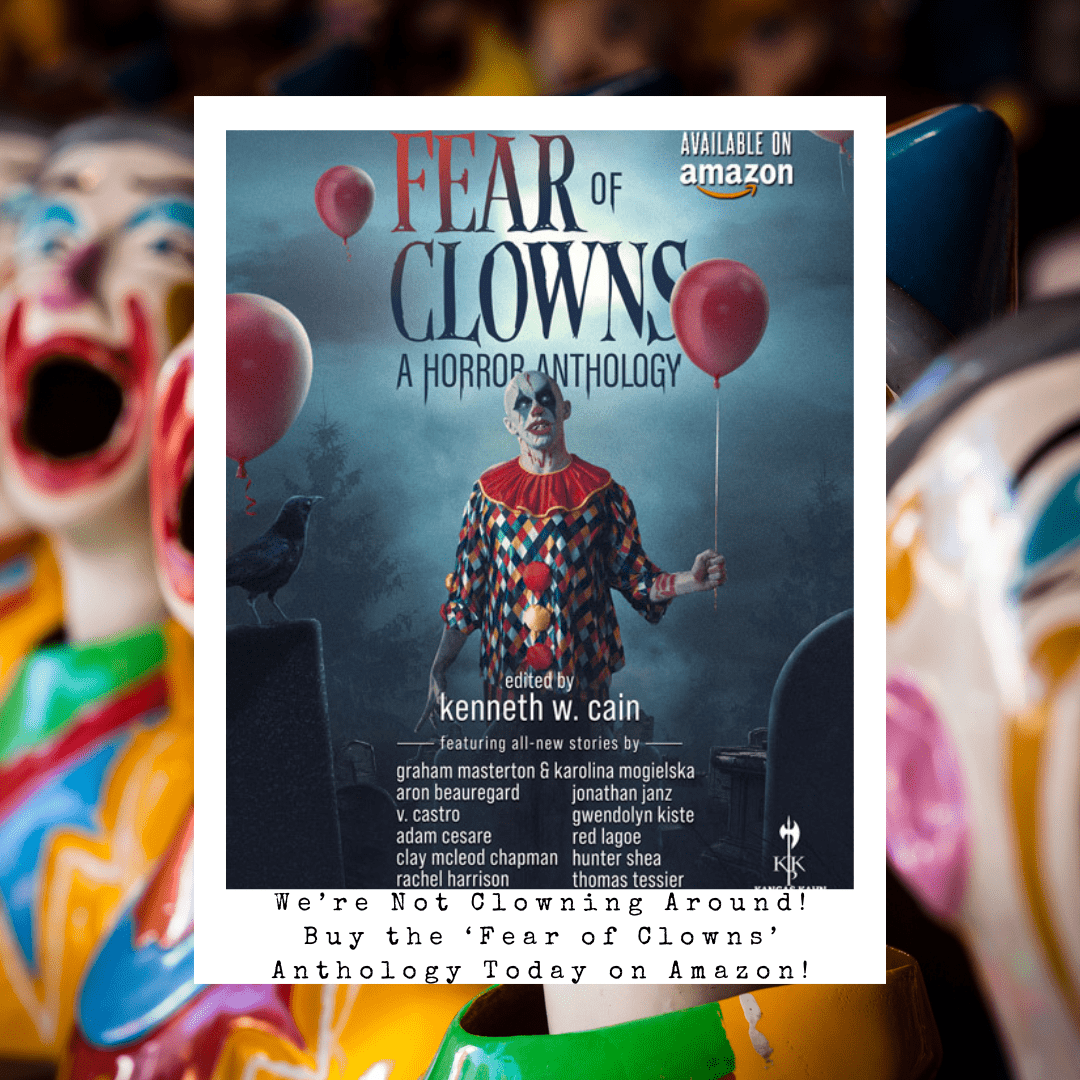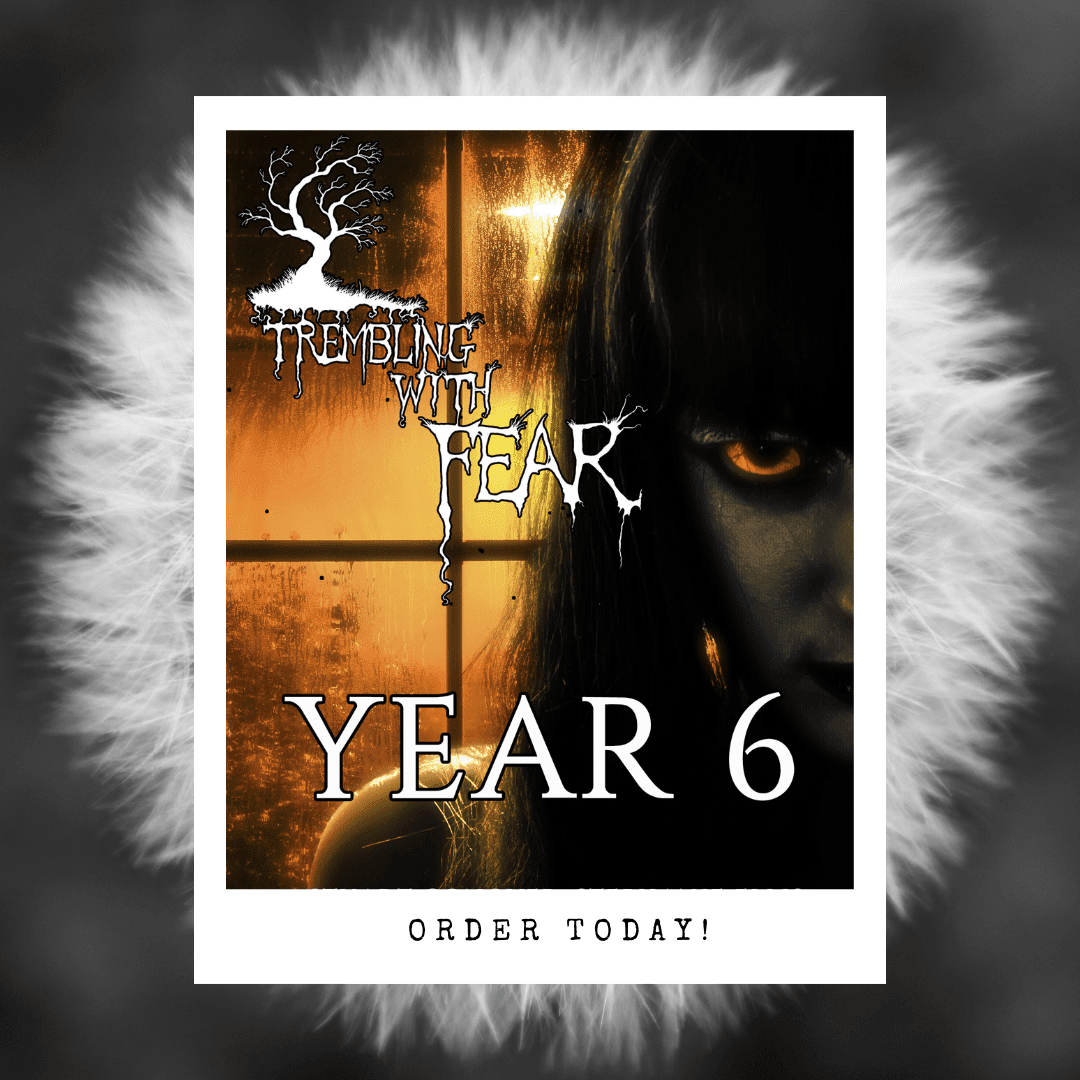The Adage Still Applies: Never Judge a Book by its Cover
The Adage Still Applies: Never Judge a Book by its Cover
Daemon Manx
 Never judge a book by its cover. It was my mother who first taught me this valuable life lesson. The adage resonates like a divine mantra or a proverb gifted to me by a wise sage. (Which mom certainly was)
Never judge a book by its cover. It was my mother who first taught me this valuable life lesson. The adage resonates like a divine mantra or a proverb gifted to me by a wise sage. (Which mom certainly was)
As authors, I would like to believe we are an accepting lot with open minds and humble hearts; that we don’t make assumptions about others and are not judgmental on first impressions. I would also like to believe that the world is progressing and that our community is blazing the trail. At the end of the day, we are all different in our unique way. It might be the color of our skin, our race, religion, our sexual identity, or our gender. Still, with all these wonderful flavors and varieties, we are more alike than we are not. And judging someone by any of these identifiers or their cover would be impossible.

 How the Duck to Write with a Newborn
How the Duck to Write with a Newborn Quick Tips on Writing a Novelette
Quick Tips on Writing a Novelette What THIS Editor Wants…and Doesn’t Want
What THIS Editor Wants…and Doesn’t Want  Planting Seeds and Watering Your Audience
Planting Seeds and Watering Your Audience
 Deep in the Mines of Folklore and Urban Legend
Deep in the Mines of Folklore and Urban Legend Magick and Mayhem!
Magick and Mayhem!





